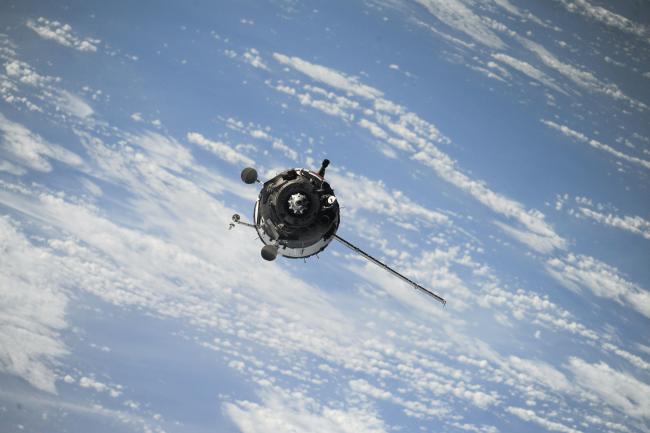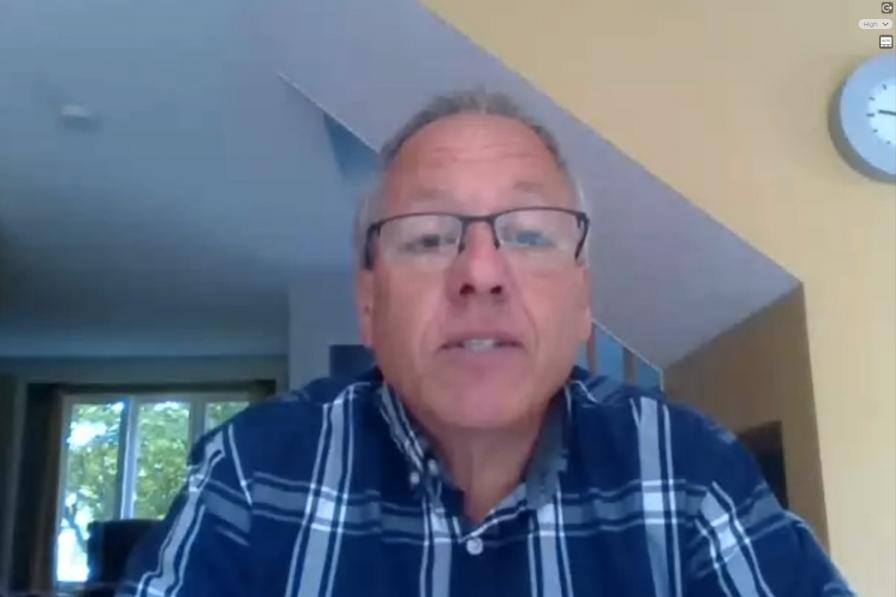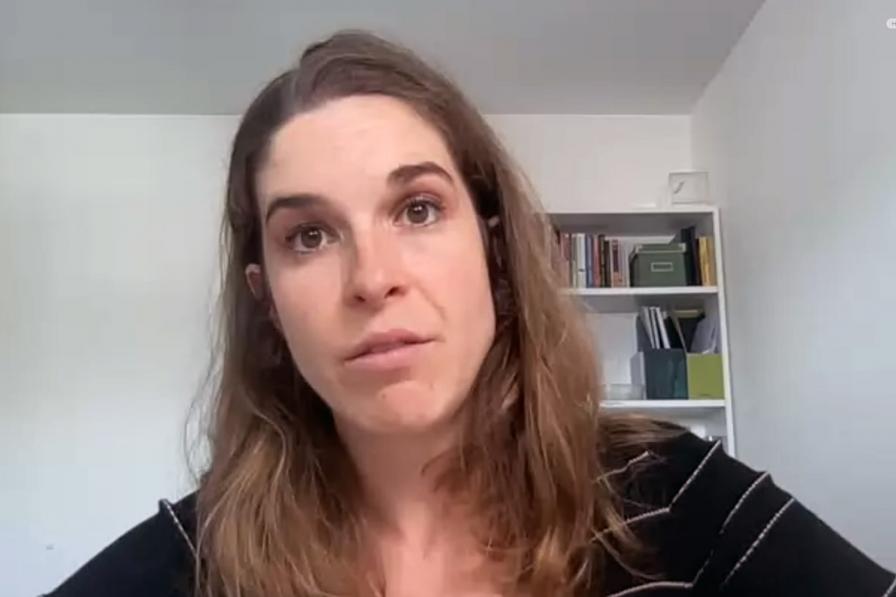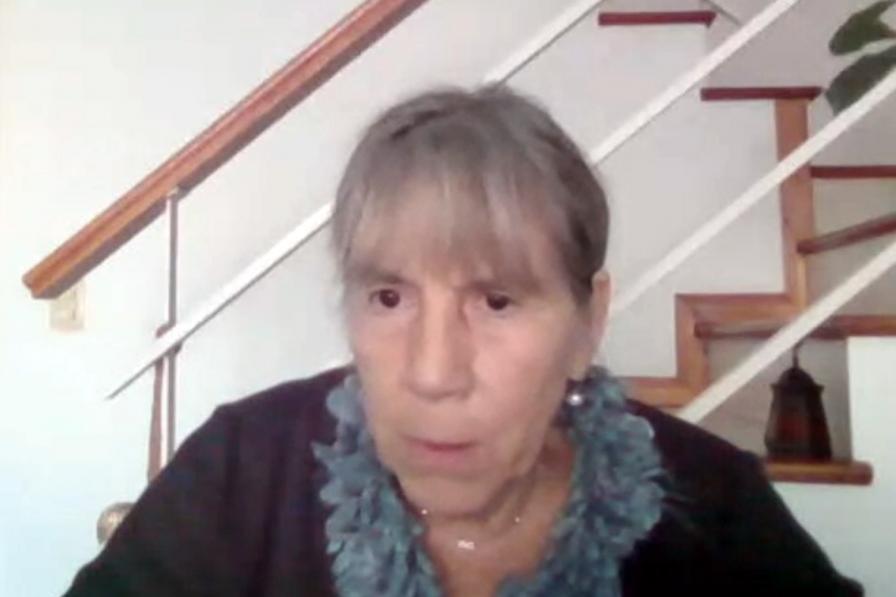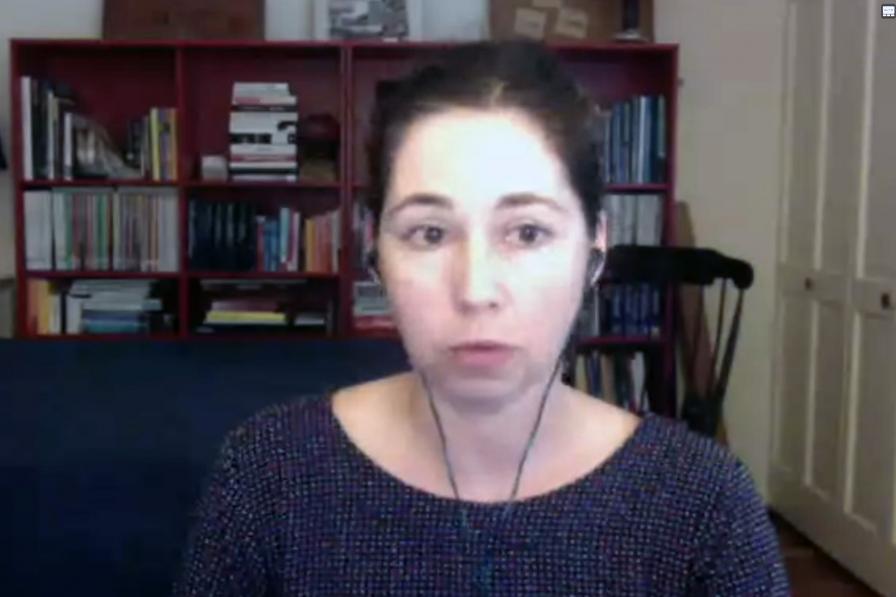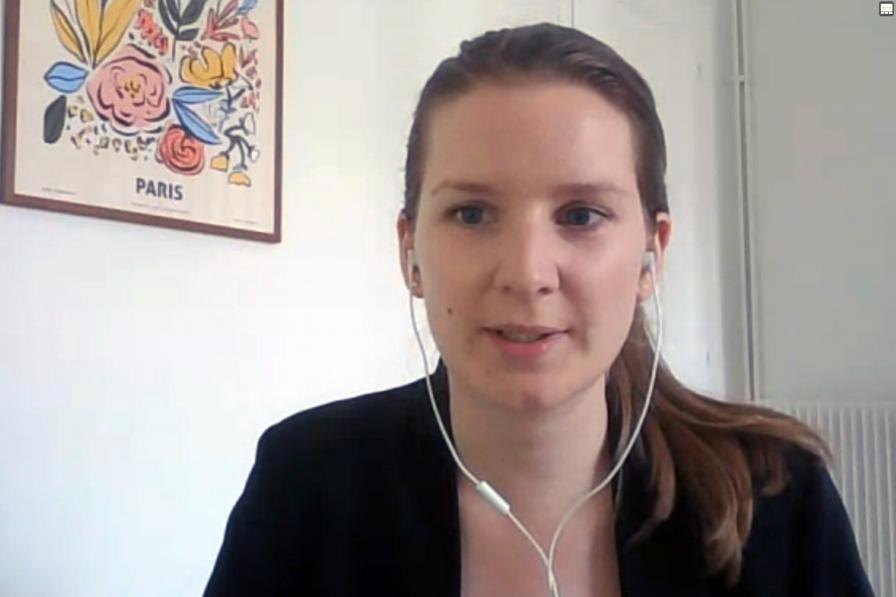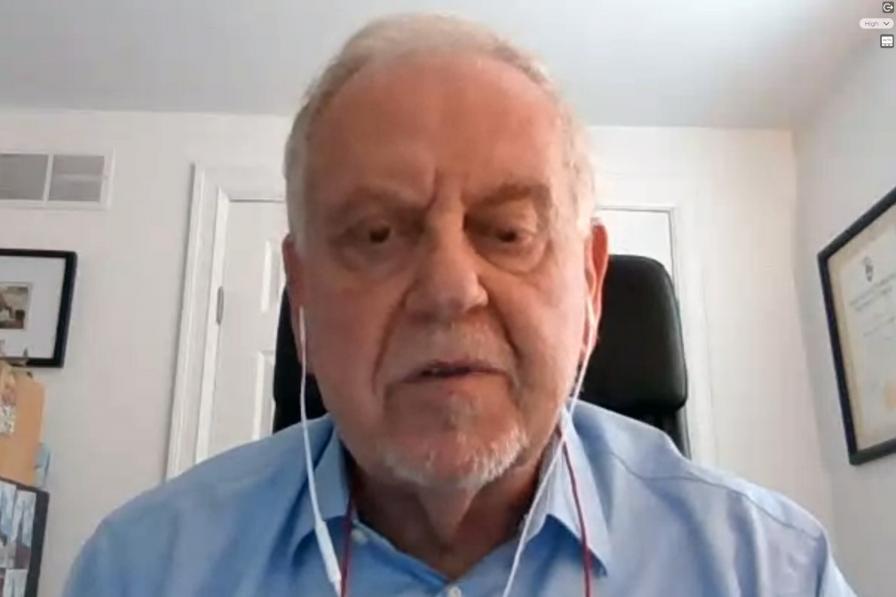The links between ozone recovery and climate change were at the forefront of discussions at the 43rd meeting of the Open-ended Working Group on Saturday, as parties to the Montreal Protocol convened virtually to discuss technical work on energy efficiency. This was the second of two substantively identical sessions on this issue, and featured a presentation by the Technology and Economic Assessment Panel (TEAP) outlining developments related to best practices, availability, accessibility, and cost of energy-efficient technologies in the refrigeration, air conditioning, and heat pump sectors.
Emphasizing that cooling is essential to achieving the UN Sustainable Development Goals, the TEAP reminded participants that, paradoxically, inefficient cooling technologies are also creating direct and indirect carbon dioxide emissions that contribute to global warming. They outlined innovations in energy efficient technologies that are increasingly accessible, although there are still barriers to access in many countries.
Underscoring that it is possible to leapfrog from technologies using hydrochlorofluorocarbons to lower global-warming-potential refrigerants in energy efficient equipment, the TEAP presented modeling data indicating that synergies with energy efficiency during the phase-down of hydrofluorocarbons, which were designed to replace ozone-depleting compounds but were found to be potent greenhouses gases, could double the climate benefits of such action. They also outlined scenarios showing that earlier action of even just a year or two could significantly reduce the total cumulative emissions of HFCs.
In the subsequent discussion, some parties highlighted the need to consider national circumstances when deciding on appropriate measures to support energy efficiency, and to ensure that funding is available to support capacity development and implementation of related work. Another party emphasized safety challenges associated with implementing new technologies and asked the TEAP to provide additional information related to available products that are being manufactured and sold.
The policy implications of this technical work will be addressed at the upcoming Meeting of the Parties to the Montreal Protocol, which is scheduled to be held online in October, and several parties expressed interest in working intersessionally to prepare documents for discussion at this meeting. OEWG-43 Co-Chair Martin Sirois reminded participants that any proposed decisions submitted in advance of that meeting would be made available in the online meeting portal on 13 September.
Co-Chair Sirois closed the meeting at 6:25 pm (EAT).
The Earth Negotiations Bulletin summary and analysis will be available on Tuesday, 20 July 2021.
